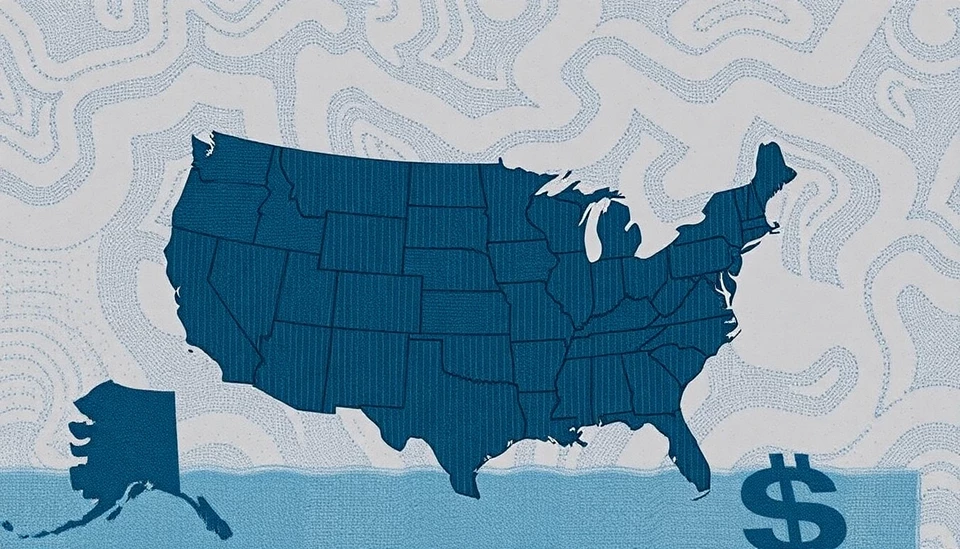
In an era where reliable economic data is crucial for decision-making, a growing concern has emerged regarding the trustworthiness of U.S. economic indicators. Recent podcast discussions have shed light on the implications of these trust issues for policymakers, businesses, and the general public. This revelation comes at a time when economic analysts rely more than ever on these indicators to gauge the health of the economy and project future market behaviors.
The podcast features an array of experts who scrutinize recent trends in economic reporting, highlighting significant discrepancies and potential biases. They discuss how these inaccuracies can stem from insufficient data collection methods, geopolitical influences, and evolving methodologies that may not capture the nuances of the modern economy. As a result, essential metrics such as GDP growth, unemployment rates, and inflation measurements are increasingly being called into question.
Listeners are invited to consider the potential fallout from this erosion of trust. Economic policy often relies heavily on this data; when the figures are flawed, the policies based upon them could lead to misguided decisions. For businesses, inaccurate economic forecasts can result in poor strategic planning, potentially derailing growth and investment prospects. The podcast illustrates how uncertainty can breed hesitation in markets, affecting everything from hiring decisions to consumer spending.
Moreover, the conversation touches on the public's perception of economic data. Trust in institutions is at a historic low, and when citizens begin to doubt the figures presented by government agencies, it fuels skepticism and discontent. This lack of confidence can perpetuate a cycle of disengagement, where citizens refrain from participating in economic opportunities and decision-making processes, thus exacerbating economic instability.
Additionally, contributing factors such as the globalization of economies and the rapid pace of technological advancement further complicate the landscape. What was once a reliable measure may now increasingly fail to account for the complexities of the interconnected world. Experts discuss the need for a recalibration of how economic data is collected, analyzed, and presented to better capture the current realities that individuals and businesses face.
In summation, the podcast provides a sobering exploration of what happens when U.S. economic data cannot be trusted. The potential repercussions extend beyond mere statistics; they permeate through the fabric of society, influencing public perception, policy initiatives, and ultimately the pathway toward economic recovery and growth. As the discussion unfolds, it raises critical questions about the future of economic reporting and the responsibility of institutions to ensure accuracy and integrity in the data we rely upon.
In a rapidly changing world, fostering trust in economic data will be paramount to rebuilding confidence among policymakers, businesses, and the general populace alike. The conversation underscores the importance of vigilance in data integrity and the need for continued innovation in economic measurement.
For those looking to understand the future economic landscape, tuning into this conversation may provide valuable insights into the vital role that trustworthy data plays in shaping policy and economic fortunes.
#EconomicTrust #DataIntegrity #USEconomy #PodcastInsights #EconomicPolicy #TrustInData #MarketStability
Author: Laura Mitchell
